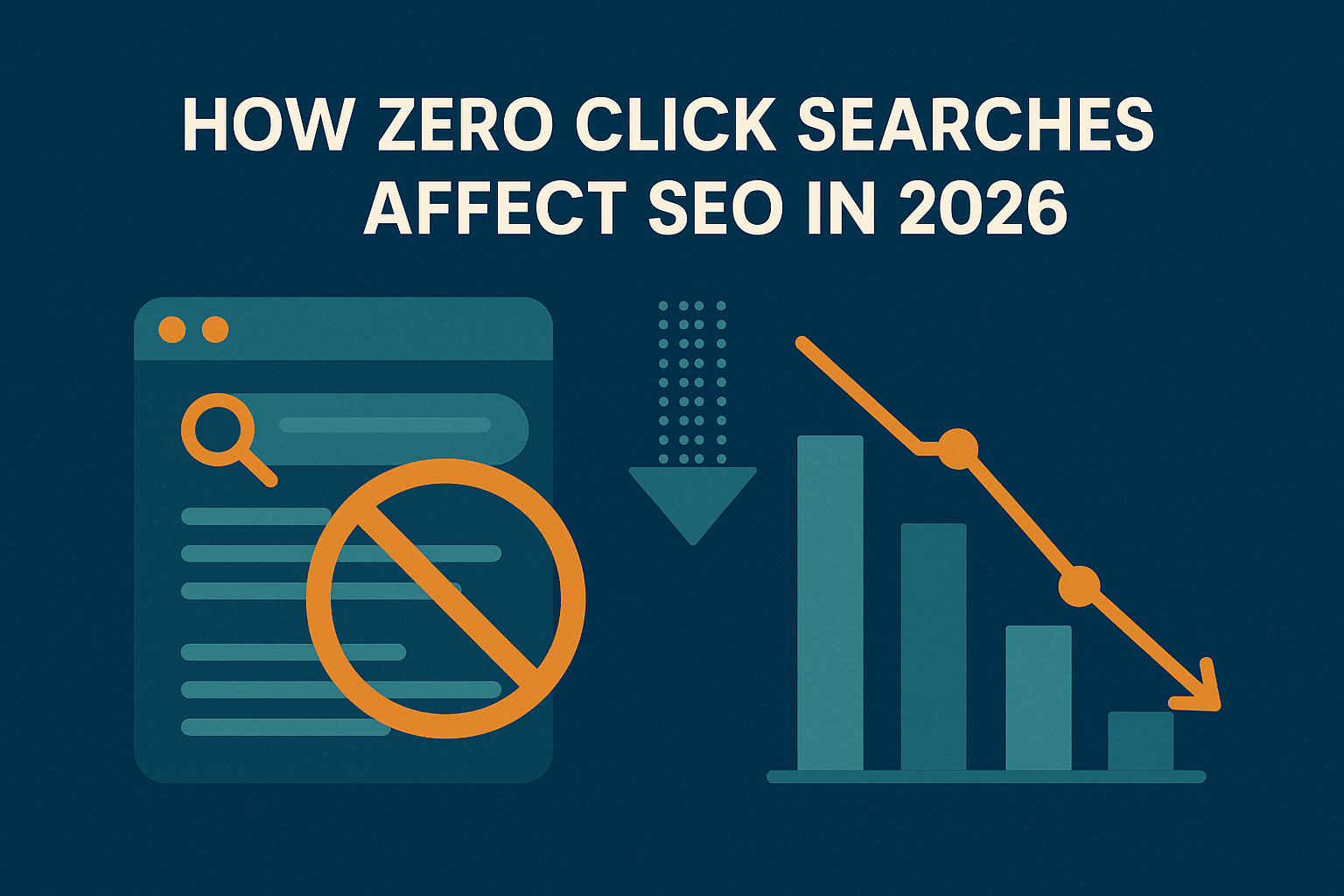How to Train Your Virtual SEO Assistant for Maximum Impact
Hiring a Virtual SEO Assistant is a significant step toward improving your website’s visibility and achieving your digital marketing goals. However, to ensure maximum impact, it’s essential to train your assistant effectively. Proper training sets the foundation for a productive working relationship and ensures they can deliver the results you need. Here’s a step-by-step guide to training your Virtual SEO Assistant for success.
1. Define Clear Roles and Responsibilities
Start by outlining the specific tasks and responsibilities you expect your Virtual SEO Assistant to handle. This clarity helps both parties stay aligned and focused. Common SEO tasks include:
- Keyword research and analysis.
- On-page and off-page optimization.
- Technical SEO audits and fixes.
- Content creation and optimization.
- Link-building strategies.
- Performance tracking and reporting.
Providing a detailed job description ensures your assistant understands their role and priorities.
2. Share Your Business Goals and Objectives
To maximize the effectiveness of your Virtual SEO Assistant, they need to understand your overarching business goals. Share key details, such as:
- Target audience demographics and behavior.
- Specific keywords or topics you want to rank for.
- Your competitive landscape and unique selling points (USPs).
- Long-term and short-term SEO objectives.
This context helps your assistant tailor their strategies to align with your business’s needs.
3. Provide Access to Tools and Resources
SEO requires a range of tools for tasks like keyword research, performance tracking, and content optimization. Equip your assistant with access to essential tools, such as:
- Google Analytics and Google Search Console.
- SEO platforms like Ahrefs, SEMrush, or Moz.
- Content tools like Grammarly, Surfer SEO, or Clearscope.
- Project management software like Trello or Asana.
Provide training on how to use these tools if necessary, ensuring your assistant can leverage them effectively.
4. Offer Initial Training and Documentation
When onboarding your Virtual SEO Assistant, invest time in initial training. This might include:
- Sharing SEO guidelines and best practices.
- Providing a content style guide, if applicable.
- Explaining your website’s current SEO strategy and performance metrics.
- Offering case studies or examples of successful campaigns.
Creating a central repository of documentation can save time and serve as a reference for your assistant.
5. Set Measurable Goals and Expectations
Establish clear KPIs (Key Performance Indicators) to track your assistant’s progress. Examples of measurable goals include:
- Achieving specific keyword rankings within a defined period.
- Increasing organic traffic by a certain percentage.
- Improving website loading speed or fixing technical issues.
- Building a specified number of quality backlinks.
These metrics provide a clear framework for assessing performance and guiding efforts.
6. Schedule Regular Check-Ins
Frequent communication ensures your assistant stays on track and allows you to address any challenges promptly. Schedule regular check-ins to:
- Review progress on assigned tasks and projects.
- Discuss new strategies or updates in SEO trends.
- Provide constructive feedback and suggestions.
- Answer questions and clarify expectations.
Consistency in communication fosters a strong working relationship and continuous improvement.
7. Encourage Continuous Learning
SEO is an ever-evolving field, and staying updated is crucial for success. Encourage your Virtual SEO Assistant to:
- Attend webinars and online courses.
- Read industry blogs and publications.
- Participate in SEO forums and communities.
- Experiment with new strategies and tools.
Investing in their professional development benefits both your assistant and your business.
8. Monitor Performance and Provide Feedback
Track your assistant’s performance against the KPIs you’ve set. Use tools and reports to measure results, and provide feedback that is:
- Specific: Highlight exact areas of improvement or success.
- Constructive: Offer actionable suggestions to address weaknesses.
- Timely: Provide feedback regularly, not just during formal reviews.
Celebrating achievements also motivates your assistant to maintain high performance.
9. Empower Autonomy While Offering Support
While it’s important to guide your Virtual SEO Assistant, granting them autonomy fosters innovation and ownership of their work. Allow them to:
- Suggest new strategies or improvements.
- Take initiative on tasks and projects.
- Experiment with creative solutions to challenges.
Be available for support and guidance, but trust their expertise and decision-making.
10. Evaluate and Adjust as Needed
Training isn’t a one-time event—it’s an ongoing process. Periodically evaluate your assistant’s performance and make adjustments to:
- Roles and responsibilities based on evolving business needs.
- Tools and resources to enhance efficiency.
- Goals and strategies to reflect market changes.
Flexibility and adaptability ensure a long-term, successful partnership.
Conclusion
Training your Virtual SEO Assistant effectively is essential for achieving maximum impact and value. By defining roles, setting clear expectations, providing the right tools and resources, and fostering open communication, you can create a productive working relationship. With proper guidance and continuous support, your assistant will become a key asset in driving your SEO efforts and achieving your business goals.










